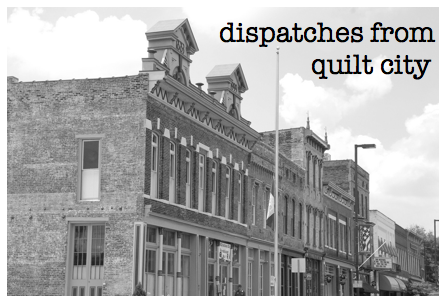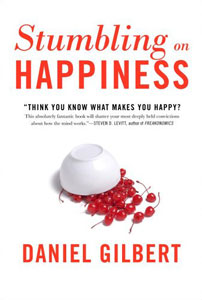A Disorder Peculiar to the Country
 This book is described repeatedly in reviews as "a comedy of errors." I think someone switched my book jacket because wow ...
This book is described repeatedly in reviews as "a comedy of errors." I think someone switched my book jacket because wow ...divorce + 9/11 does not so much equal comedy to me.
Joyce and Marshall are getting divorced but are forced to remain with their two children under the same roof of a small apartment in Brooklyn. Needless to say, things aren't going well. On 9/11, Joyce believes Marshall has died in the World Trade Center where he works. Marshall thinks Joyce has died on Flight 93. Both are ecstatic. Only one problem, Marshall was late for work and Joyce's trip was canceled at the last minute.
See how the hilarity ensues? No? Me neither. However, I did think it was a brilliant examination of human relationships and how similar individual conflict is to seemingly mysterious global conflict. On a certain level, I identified with Joyce and Marshall and the way anger and resentment can carry you to a place you no longer recognize. I think every marriage has those moments - when you look at the person and you don't see them, you only see every single thing that has pissed you off since the beginning of time.
Kalfus does a great job of pivoting that moment and putting it in the context of our post-9/11 world, describing Joyce and Marshall's marriage as lost to a hatred that has "acquired the intensity of something historic, tribal and ethnic, and when they watched news on TV, reports from the Balkans or the West Bank, they would think, yes, yes, yes, that's how I feel about you."
Reading this book, it felt so true to our country right now. A tragic fissure that led to consequence after angry consequence. Now, five years later, everyone is left wondering, "how exactly did we get here?"
Kalfus also did an excellent job of conveying New York after 9/11 and the intensity of the experience on the city and all that lived there. He described emotions and reactions that I had never heard about or understood. They were both good and bad, both noble and contemptible and I think that's the real power of his narrative. To say the history of 9/11 has been whitewashed is an understatement and I find myself being drawn to more realistic portrayals. It seems truer somehow - more healing - because you can't heal from something you never really acknowledged.


No comments:
Post a Comment